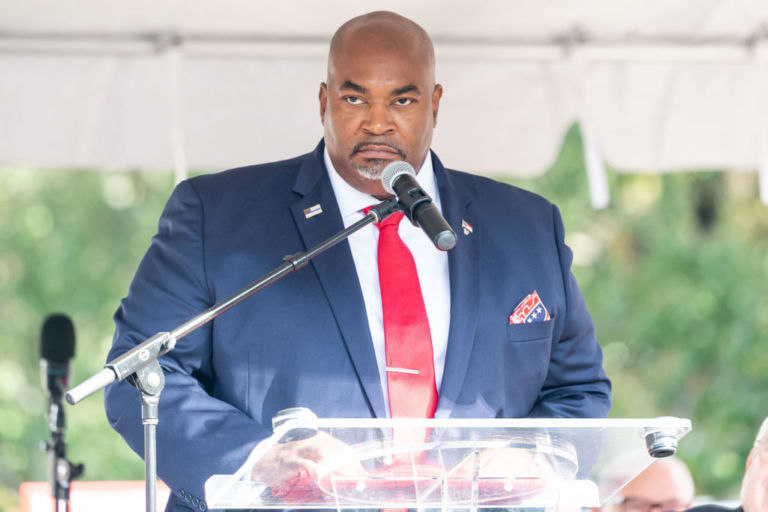Josh Bowman writes for the Martin Center about the role of independent Christian study centers.
Local pastors, faculty, and others, though, have begun to pursue innovative ways to re-insert a Christian presence back into the life of universities while remaining independent of higher education’s bureaucracy. They have, instead, begun to participate in a rapidly growing movement of Christian Study Centers.
Christian study centers, in most contemporary iterations, are independent non-profit organizations established near major secular universities in order to minister to the intellectual and spiritual needs of Christians and those on campus interested in exploring the faith. Their focus tends to be one of discipleship and lay education, with an emphasis on the Christian intellectual tradition that distinguishes them from more well-known campus ministries. Ideally, they own a space (such as a house or larger office space) where Christians can gather for intellectual conversations, lectures, and study.
Many also provide opportunities to connect students to local churches, mission trips, and service experiences. Some study centers also provide off-campus housing for Christian students, as well as internships and scholarship opportunities.
No two study centers are exactly alike and are not governed by any central denominational or administrative structure. Instead, they collaborate and share ideas through the Consortium of Christian Study Centers and look for ways to orient their ministry to the unique needs of their campus community.


